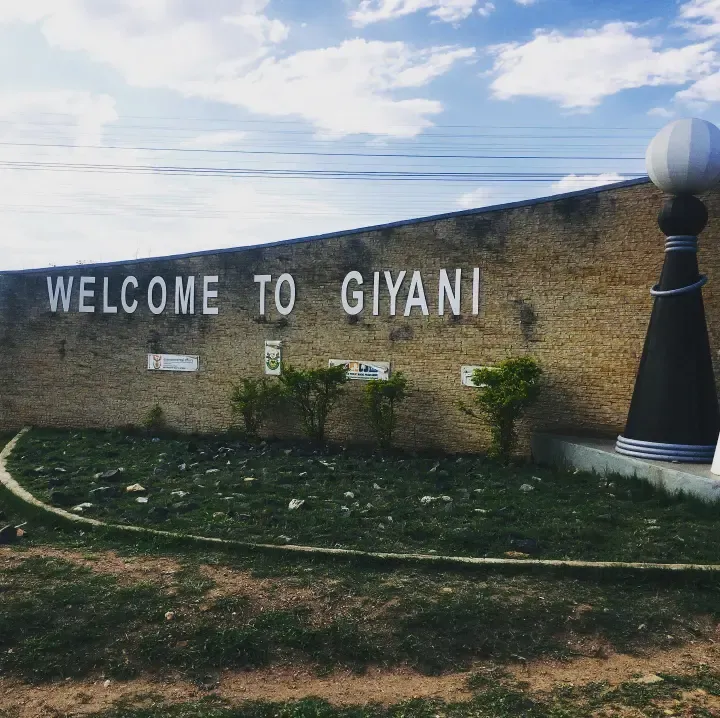Unraveling the History of Giyani: A Journey Through Time

Image Credit: Unkown
Table of Contents
History of Giyani
Giyani is a town located in the Limpopo province of South Africa. Its history is closely intertwined with the broader history of the region and the nation.
Early Inhabitants
Giyani and its surroundings have been inhabited for centuries. Evidence of human settlements in the area dates back to ancient times. The region is home to the Tsonga people, who have a rich cultural heritage and their own distinct language.
Colonial Era
During the colonial era, Giyani came under the control of various European powers, including the Portuguese and the British. It eventually became part of the Union of South Africa in 1910.
Apartheid Era
The apartheid era, which lasted from 1948 to 1994, had a significant impact on Giyani. Apartheid policies enforced racial segregation and restricted the rights and movement of black South Africans, including those in Giyani.
Independence
The end of apartheid in the early 1990s marked a new era for South Africa. Nelson Mandela’s election as the country’s first black president in 1994 signaled a period of reconciliation and transformation. Giyani and its residents were part of this historic transition.
Post-Apartheid Development
Since the end of apartheid, Giyani, like many parts of South Africa, has experienced efforts to address historical inequalities and promote development. The Limpopo province, where Giyani is located, has made progress in areas such as education, healthcare, and infrastructure.
Cultural Significance
Giyani remains a hub of Tsonga culture and heritage. The Tsonga people celebrate their rich cultural heritage, including traditional music, dance, and art, which continue to thrive in the region.
Economic Activities
The region surrounding Giyani is predominantly rural, with agriculture playing a vital role in the local economy. Subsistence farming is common, and the area produces crops such as maize, vegetables, and fruit. Giyani itself serves as a commercial and administrative center for the surrounding communities.
Related Articles